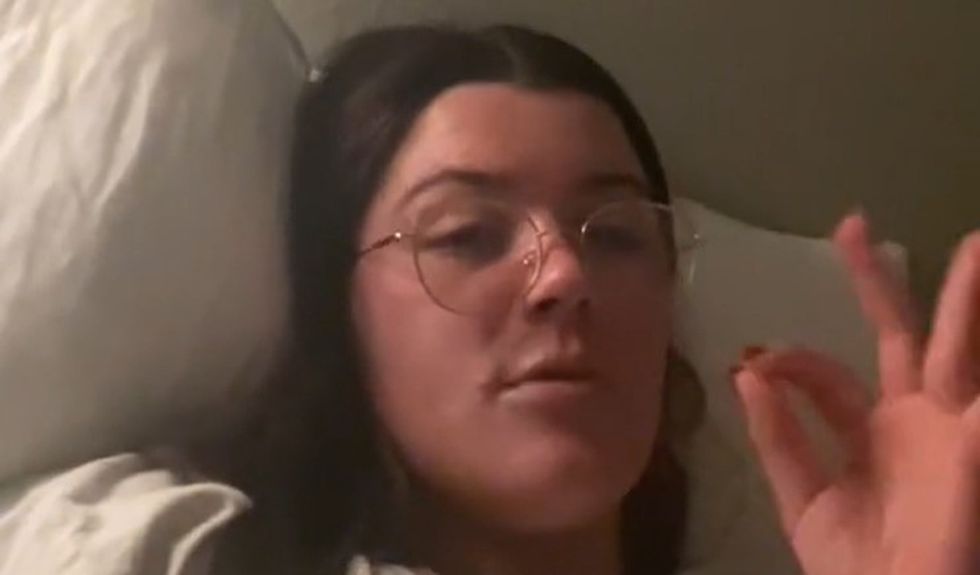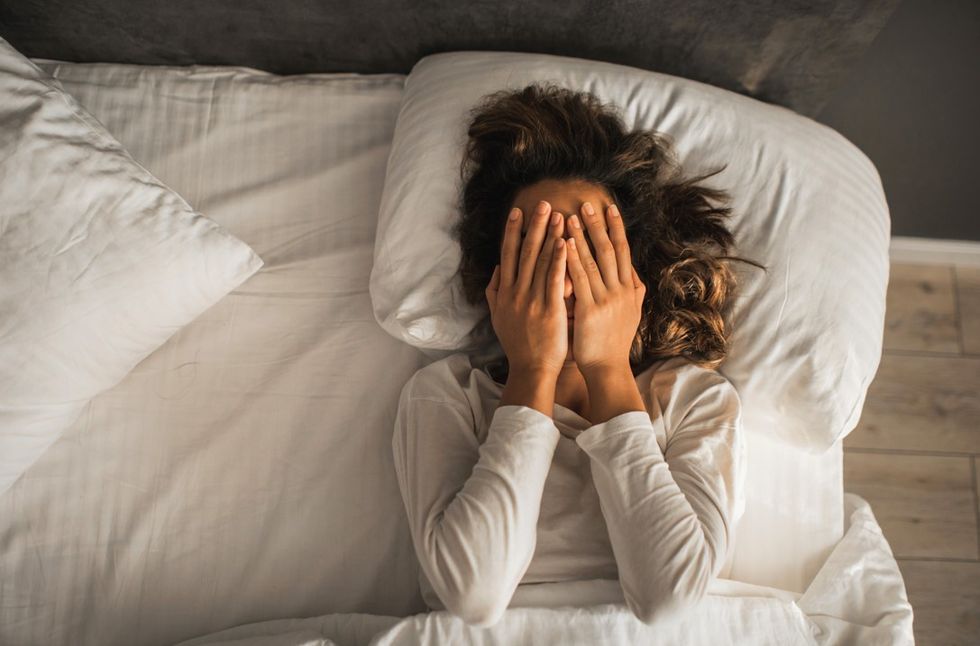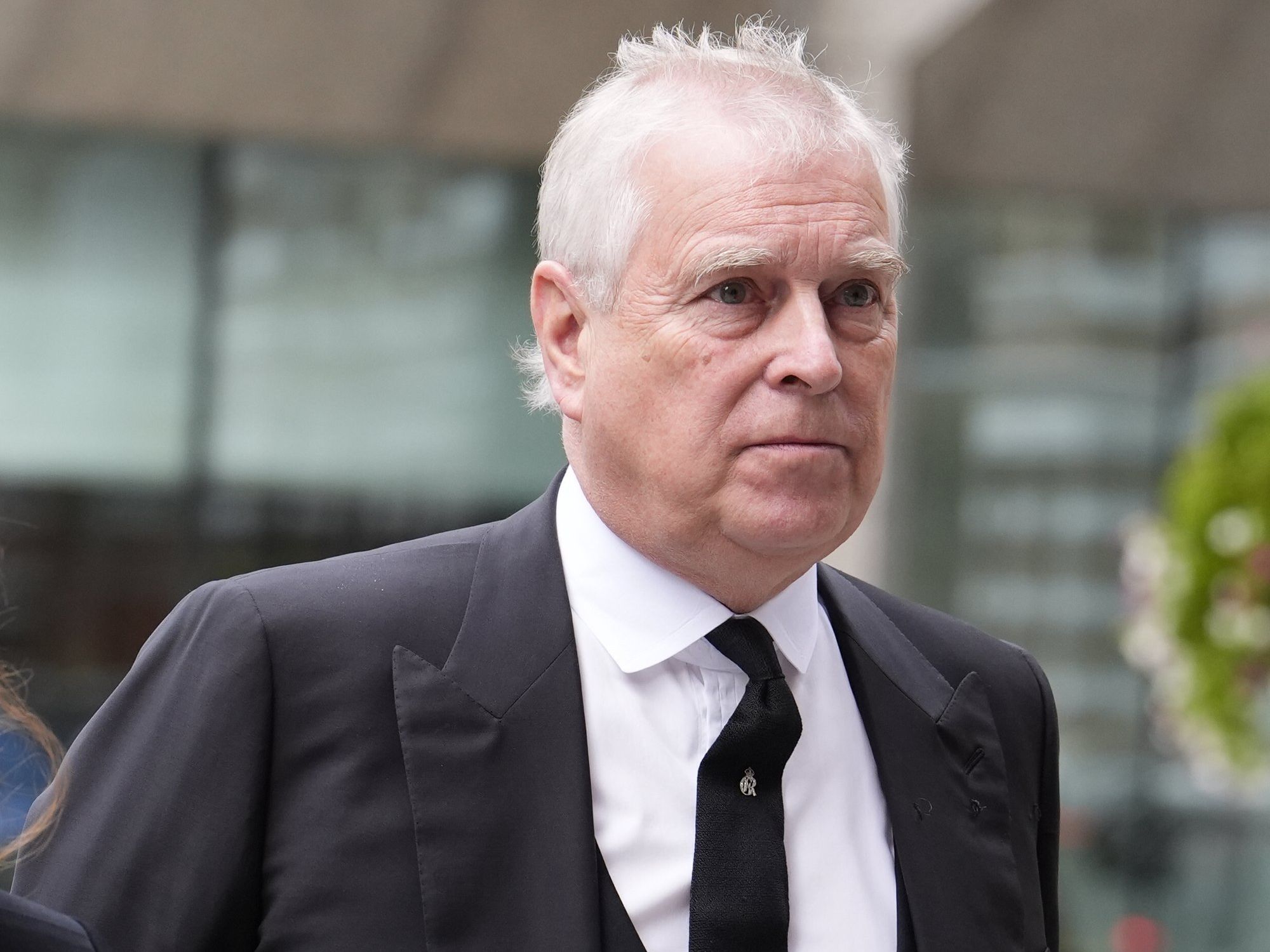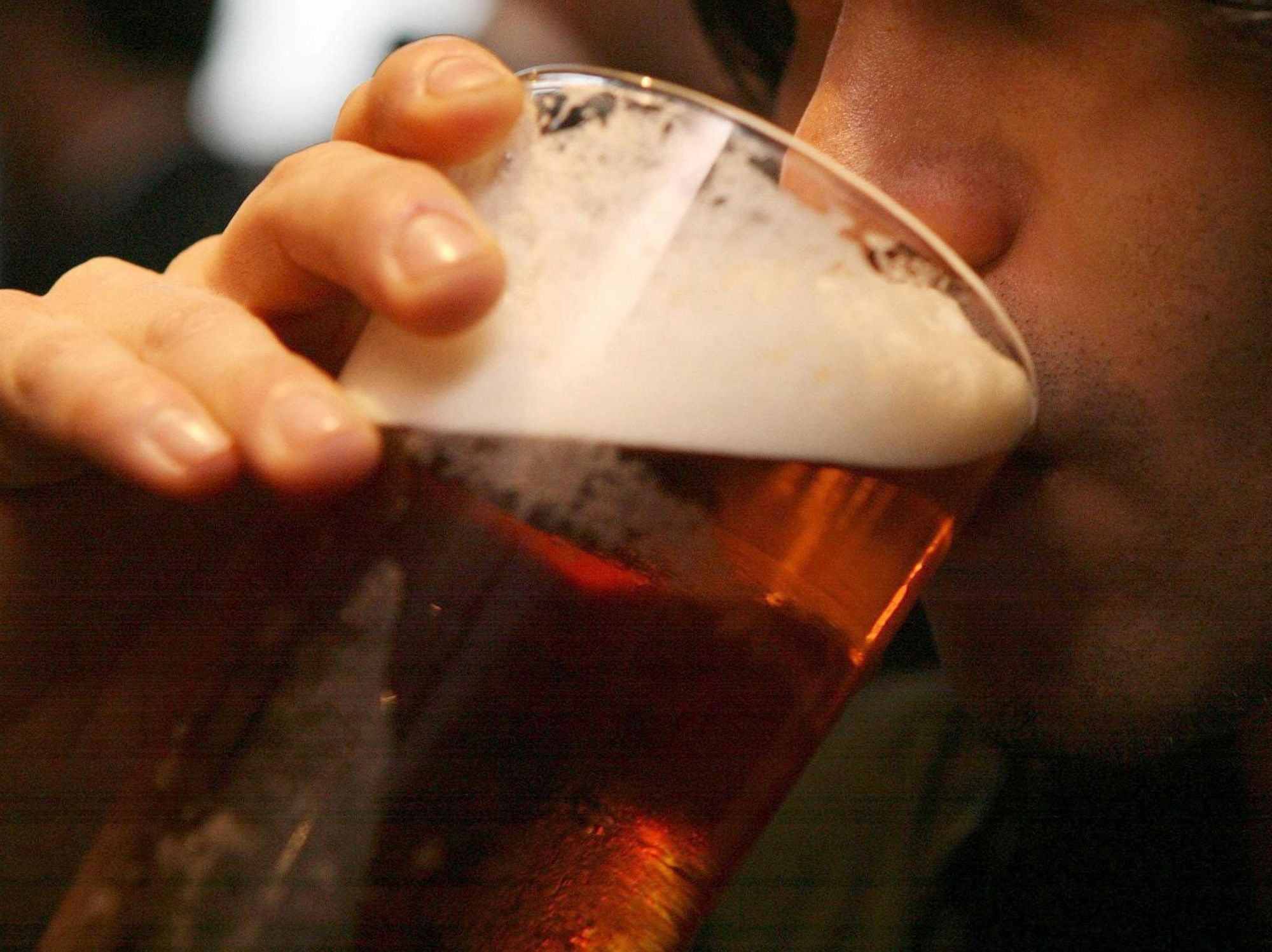Sleep hacks: Health practitioner says three-step technique helps her 'fall asleep instantly' - 'it works so well'

Simple breathing techniques may hold the key to a more restful night’s sleep
Don't Miss
Most Read
Sleep problems are a common affliction in the UK, affecting an estimated one in five Britons.
Sometimes, simple breathing techniques may hold the key to a faster, more restful night’s sleep.
A simple five-deep-breath method deemed highly effective for relaxing the body, proved extremely helpful for one social media user.
Functional nutrition therapy practitioner Olivia Hedlund, learned the method from Joe Dispenza, sharing her experience with the breathing practice on TikTok.

Olivia says the technique helps her doze off in seconds
|TIKTOK / OLIVIA HEDLUND
"I have no idea why this makes me fall asleep instantly but I noticed a huge difference when I do it versus when I do not," Olivia said.
She reported sharing the technique with two friends who experienced similar instant results.
“I kind of just tried it before I went to bed and it works so well," said Olivia. “I told two of my friends about it, they tried it and they said they fell asleep instantly.”
The breathing technique follows a three-step process for maximum effectiveness.
It begins with a slow inhale through the nose, which helps calm the nervous system and increases oxygen intake.
The second step involves clenching all muscles, which helps relieve physical stress and shifts attention away from racing thoughts.
Finally, practitioners exhale whilst releasing their muscles, promoting deeper relaxation. This sequence can be repeated multiple times to enhance the relaxation response.
Registered counselling psychologist Rafaello Antonino, PsyD, from London Metropolitan University, told Very Well Health that the technique "isn't necessarily superior or vastly different from other well-established relaxation and breathing techniques".
LATEST DEVELOPMENTS

Sleep problems affect one in five Britons
| GETTYAccording to Antonino, the method helps the body transition into a restful state.
Growing evidence supports the benefits of breathing and meditation practices for better sleep.
A 2015 study published in JAMA offered some context to the growing interest in breathing techniques.
It found that adults reported experiencing changes in fatigue and depression levels when engaging in meditation and mindfulness exercises.











